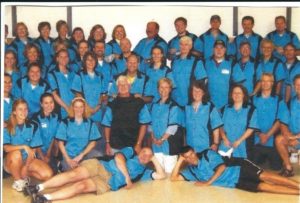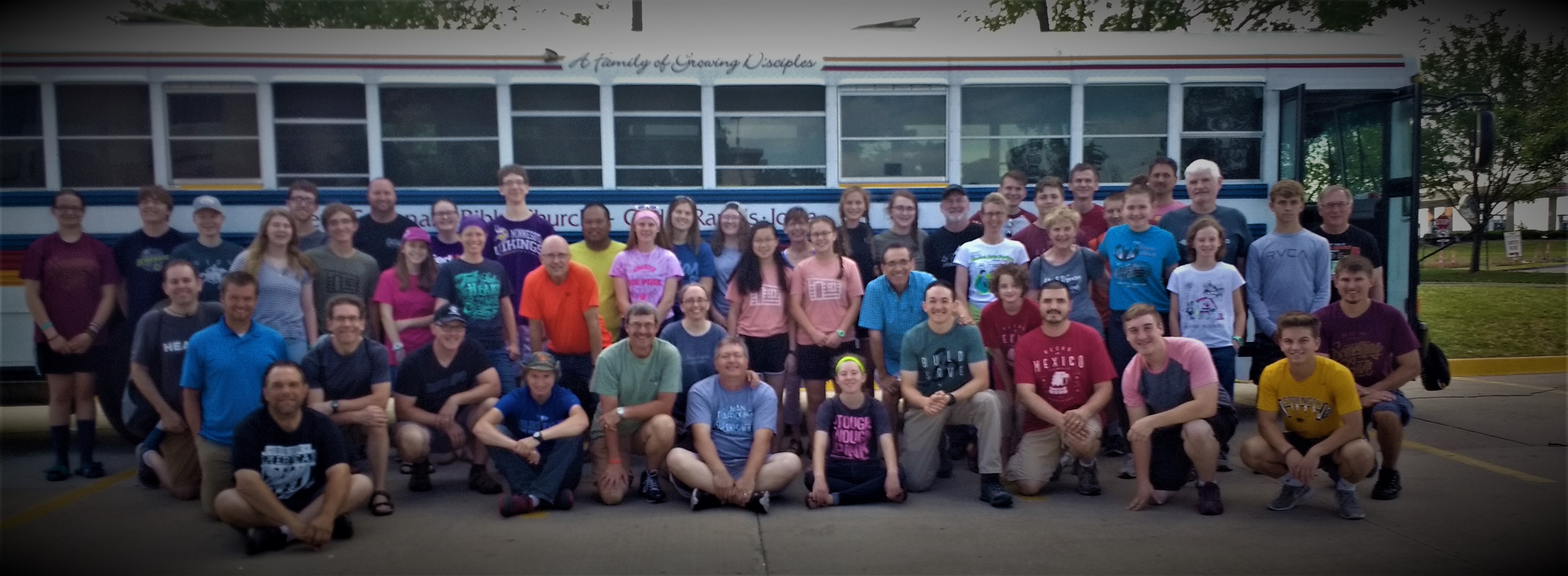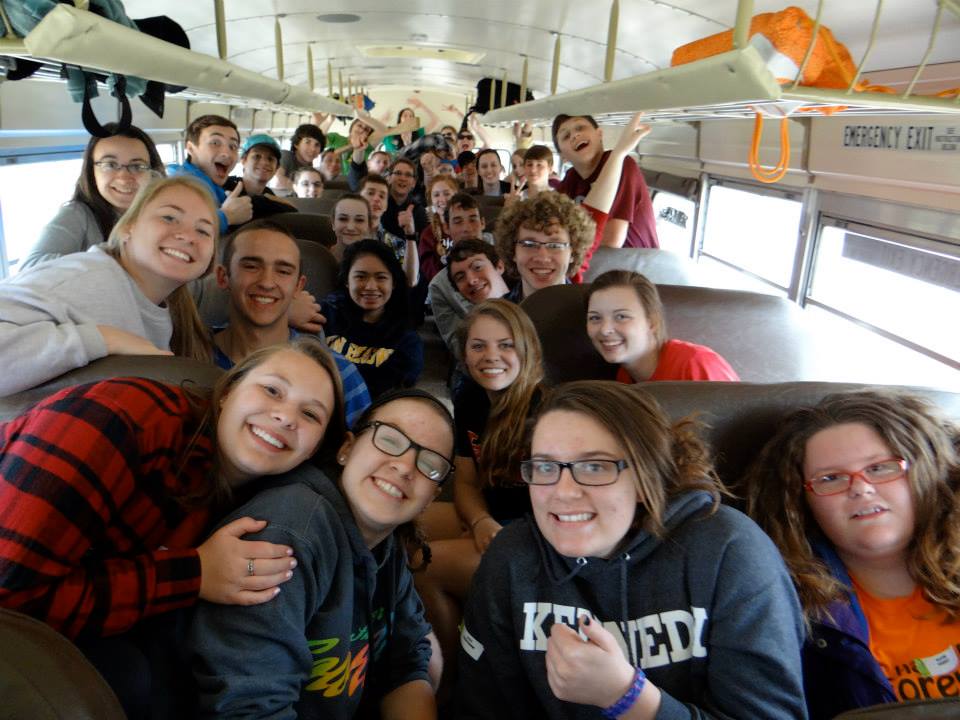
I once blogged about the importance of parental influence and mentioned five things that can increase it. In the past three posts, this post, and the following post I elaborate on what I call the Five Optimizers of Influence. While nothing guarantees that our kids will make wise choices, my 31 years of youth ministry taught me that parents who become proficient in these five areas will have maximum impact on their kids.
4. Verbalize values.
Many things are more caught than taught, but some things simply need to be taught.
Scripture gives the Israelites this instruction: “And these words that I command you today shall be on your heart. You shall teach them diligently to your children, and shall talk of them when you sit in your house, and when you walk by the way, and when you lie down, and when you rise…You shall write them on the doorposts of your house and on your gates” (Deuteronomy 6:6-7 & 9; emphasis mine).
It is clear that God expects us to proactively provide spiritual nurturing and instruction to our children; it’s our duty as parents to pass on to our children a legacy of faith. Transferring our faith to the next generation involves living it authentically before them (as mentioned in the first post of this series) as well as instructing them accurately.
This spiritual instruction includes not only telling them what we believe but–in light of today’s accessibility to alternate worldviews–it’s equally important to explain why we believe as we do and why we reject other views. We must show that our faith holds up to scrutiny when compared to other belief systems; therefore, we can’t afford to espouse a blind faith that comes across as having our heads in the sand!
It warmed my heart this week to get an email from a college freshman, who had been wrestling with how to explain the Trinity to a Muslim classmate. She ended up turning to her dad for advice on how to communicate this complex subject to her questioning friend. His perspective on the topic was exactly what she needed. That’s what this post is talking about!
Parents who don’t feel confident answering tough questions about spirituality have many great resources available to help supplement their spiritual instruction. The church can certainly help with this, as can worldview training organizations, such as Summit.org.
Besides theological instruction, parents also need to thoroughly teach our kids about the culture in which we live. This is a world that bombards our kids with a million false ideas, distorted perspectives, and flat-out lies. Incessantly. Aggressively. Relentlessly.
As parents, we must take care to verbalize our beliefs and views on all sorts of topics. If we don’t provide a running commentary on what our kids are seeing, hearing, learning, and reading our silence effectively hands over the microphone to our culture.
C.S. Lewis is quoted as saying, “The most dangerous ideas in a society are not the ones being argued, but the ones that are assumed.” This is so true. We need to start calling out the sins that the world normalizes rather than let these views slip by without questioning them.
Fortunately, our culture doesn’t hide its views, giving us plenty of faulty assumptions to talk to our kids about! If you wonder where to look, you can start with the 6 o’clock news, or Superbowl commercials, or game shows, or video games, or blockbuster movies. All of them provide volumes of values to talk about. Every day our kids are being taught specific views about politics, morality, definitions of family, human dignity, justice, success, suffering, etc. Don’t you want to weigh in on those topics? Then talk about them! Kids can’t consider our point of view on things if we don’t discuss them. (As a bonus, by viewing our culture mindfully, we may discover how some of our culture’s assumptions have subtly tainted our own thinking!)
But we can’t just be “reactive” to our culture. In some cases, we need to get in the “first word” so the world’s distorted views are seen in proper context from the get-go. For example, it was important to me to be that I be the one to inform our daughters about human sexuality and reproduction–in the context of these subjects being beautiful designs of God which are to be enjoyed only within marriage. I didn’t want their first awareness of these important topics to come from the mouth of a “values-free” 5th-grade health teacher.
To be sure, some conversations will come earlier than we would have wished, and some will be admittedly awkward. Let that not be an excuse for you to abdicate your parental responsibility of truth-telling.
Finally, it must be said that as much as we may wish to determine our kids’ values this is beyond our control. Our goal is influence, not coercion. Ultimately, our kids will need to decide for themselves what they will believe about God, themselves, and the world they live in. Our parental job is to expose them to truth, teach them what we have come to believe and why, etc, but we’ll be wise not to try to force them to believe any of it. Faith must be chosen, just as love must. We must be careful to avoid pressure or manipulation. To prevent this, let’s allow them space to grapple with truth, wrestle with doubts, and ask us hard questions whenever they want.
Here’s an account of a values-laden conversation I had with my daughters ten years ago. It gives some examples of how I used the current culture to discuss truth with them.
Hopefully, this post has encouraged you to have serious conversations with your kids about the things that really matter. If you don’t, someone else will!
Tomorrow I will elaborate on the final Influence Optimizer!
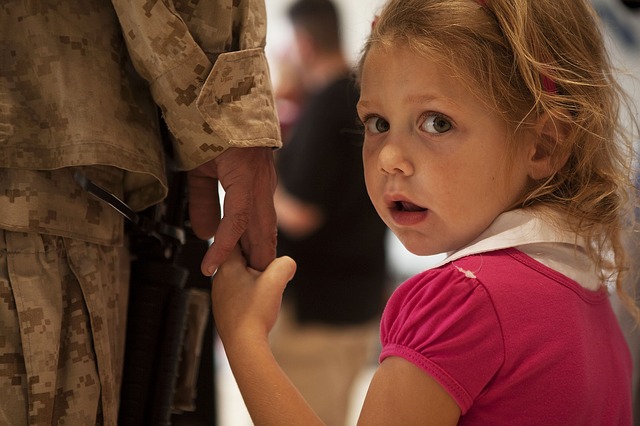

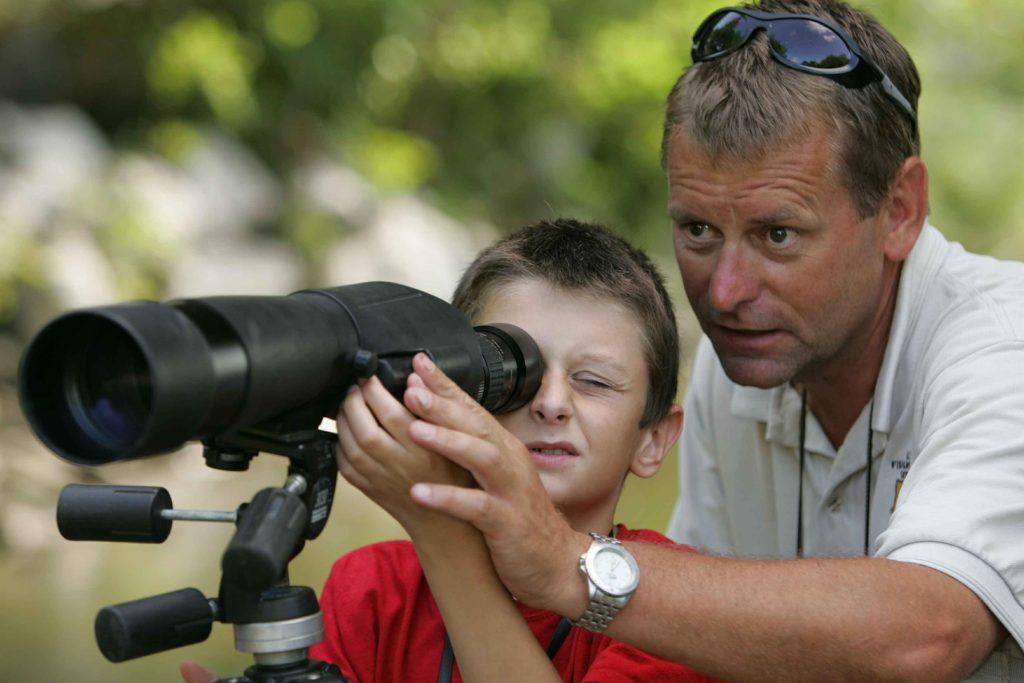


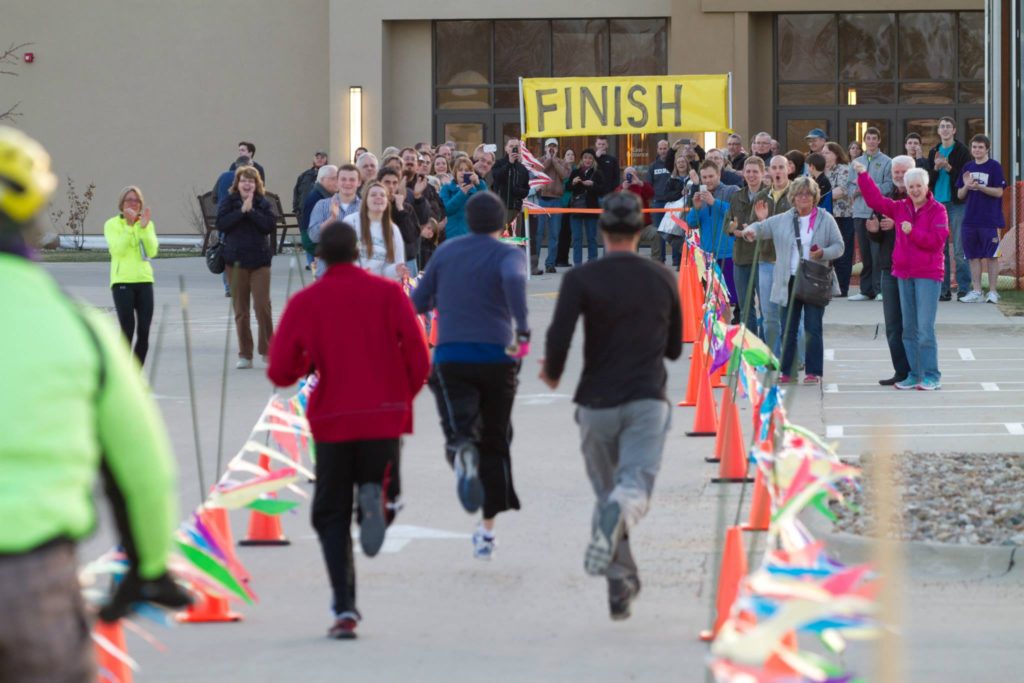 Today I crossed the finish line of a very long race and am about to start another.
Today I crossed the finish line of a very long race and am about to start another.
